Many opportunities are present around the world. You might be thinking of capitalizing one in the Philippines. With the rigid macroeconomic qualities of the Philippines, it might be a good decision.
But don’t forget that you should weigh your options. And taxation is one financial aspect you should consider. Here is a list of taxes for foreigners planning to set up a business in the Philippines.
Disclaimer: This article is for information purposes only. It might be rendered partially or wholly obsolete when new laws are passed. Please consult a tax expert for your accounting needs.
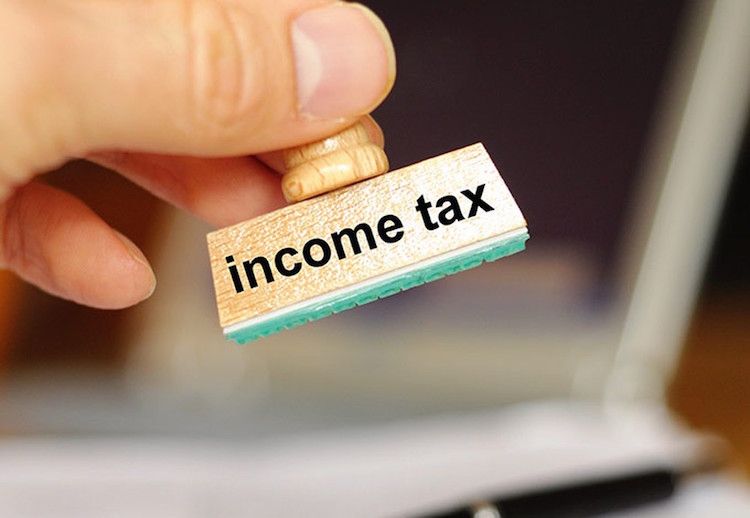
Image Credit: iTax PH
Personal Income Tax or Corporation Income Tax
To set-up a business entity, you either become a sole proprietor or corporation. Sole proprietors are levied with the personal income tax, while corporations have a fixed 30% income tax. Corporations also have a 2% Minimum Corporate Income Tax (MCIT) from gross income.
These taxes are paid quarterly.

Image Credit: Tata Capital
Consumption Taxes
The Philippines has two consumption taxes, namely the Percentage tax and Value-Added Tax (VAT). Percentage tax is pegged at 3% of gross income, while VAT is at 12% with the option of deducting VAT paid for supplies.
Businesses with sales above 3,000,000 PHP are required to be VAT registered. If not, you can opt to pay the percentage tax. It’s required to be paid on a quarterly basis.
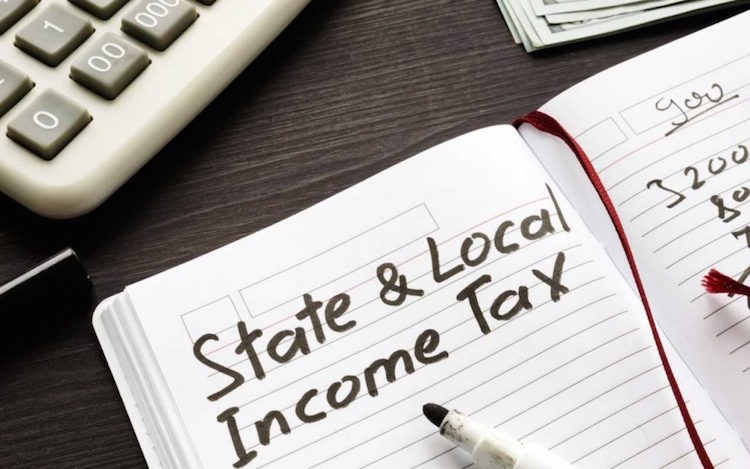
Image Credit: Forbes
Local Taxes
Local Government units can impose taxes in their jurisdiction. The local taxes differ per city. Check with your city hall to know the different local taxes levied.
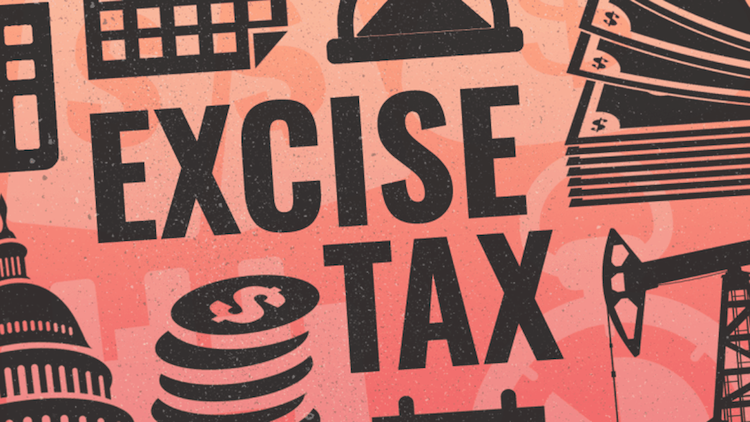
Image Credit: The Street
Excise Taxes
Some goods have higher taxes because of their harmful nature like spirits, tobacco, etc. “Sin taxes” or commonly known as Excise taxes are levied on them. There are two types, specific and ad valorem excise taxes. According to BIR:
- Specific Tax – refers to the excise tax imposed, which is based on weight or volume capacity or any other physical unit of measurement.
- Ad Valorem Tax – refers to the excise tax, which is based on selling price or other specified value of the goods/articles.
Check this link for the list of goods that are with an excise tax.
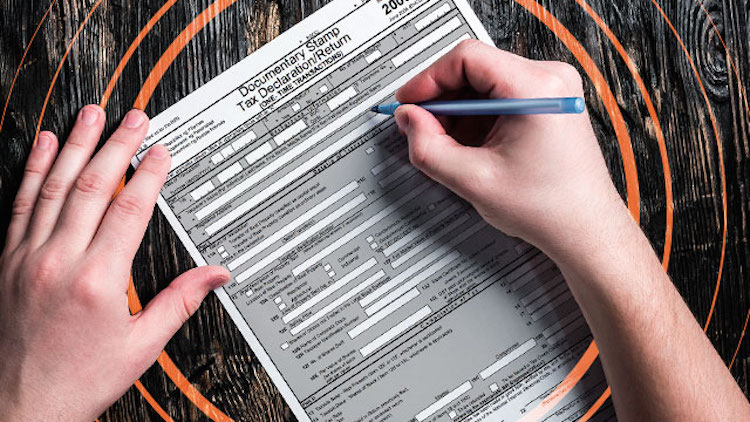
Image Credit: Rappler
Documentary Stamp Taxes
Another type of excise tax is called documentary stamp taxes. These are excise taxes levied on documents, instruments, loan agreements, and papers. It can be used as evidence to the acceptance, assignment, sale, or transfer of an obligation, rights, or property incidents.
Check this link for the list of Documentary Stamp Taxes in the Philippines.

Image Credit: Sundialins
Employee Benefits
Employers are required to remit and share in the mandatory benefits for their employees. These are not taxes, but they are necessary expenses when you operate in the Philippines. There are three in the Philippines:
- SSS
- Philhealth
- PAG-IBIG
The three benefits ensure that every employee has a safety net for their social security, health, and housing needs. And Employers need to shoulder a specific amount depending on the salary range.
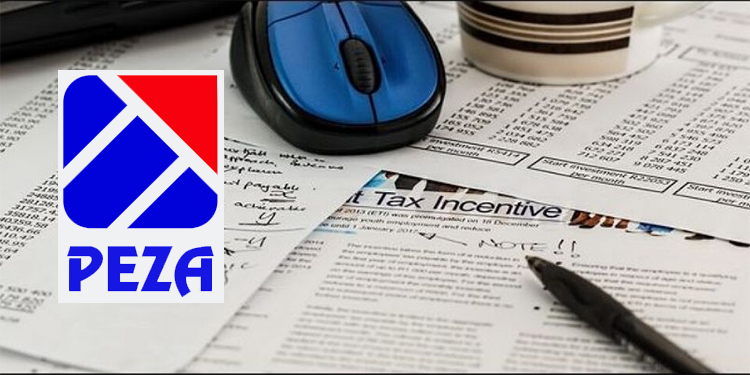
Image Credit: FormsPhilippines
PEZA Accreditation
You might think that there are too many taxes to be paid in the Philippines. Though I don’t disagree, there are legitimate ways to reduce your tax liability. One business move you can do is registering your business in PEZA or the Philippine Economic Zone Authority.
PEZA incentivizes businesses with tax benefits if they operate in the PEZA areas. Here are the following industries that qualify.
If you get a PEZA Accreditation, you will have:
- Corporate Income Tax Holiday
- 4 Years for a non-pioneer project for Manufacturing, IT, Tourism, Medical Tourism, and Agro-industrial Activities
- 6 Years for Pioneer Projects (Manufacturing and IT)
- 5% tax on gross income after the tax holiday
- Zero-rated VAT
- Exemption from wharfage dues and export tax, impost, or fees.
- Exemption from payment of any and all local government imposts, fees, licenses, or taxes.
- Exemption from Expanded Withholding Tax
Conclusion
With that, I hope you build a tax strategy when you enter the Philippine Market. Good luck with your new venture! Cheers!









